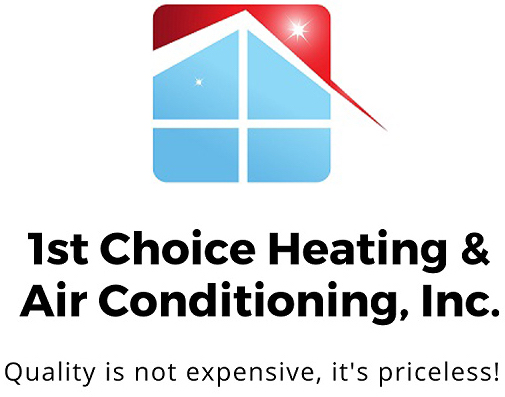A lot of homeowners only call for air conditioning repair when their system breaks down. However, the reality is your air conditioner will often show signs of trouble before a complete breakdown that results in new AC installation. Understanding the warning signs and calling the experts at 1st Choice Heating & Air Conditioning to fix issues early can help you avoid the hassle and expense of a full AC system failure. More importantly, it can stop you from having to endure the uncomfortable feeling of having your AC fail on a hot day.
When you call us, our team of skilled HVAC technicians will identify the problem, resolve the issue and restore your comfort fast. We have a proven track record in the community and provide reliable, budget-friendly AC service for area residents.
Why put off calling the pros until your cooling system breaks down? Skip all that hassle by calling today to schedule AC repair in Mission Viejo, CA, from 1st Choice Heating & Air Conditioning.
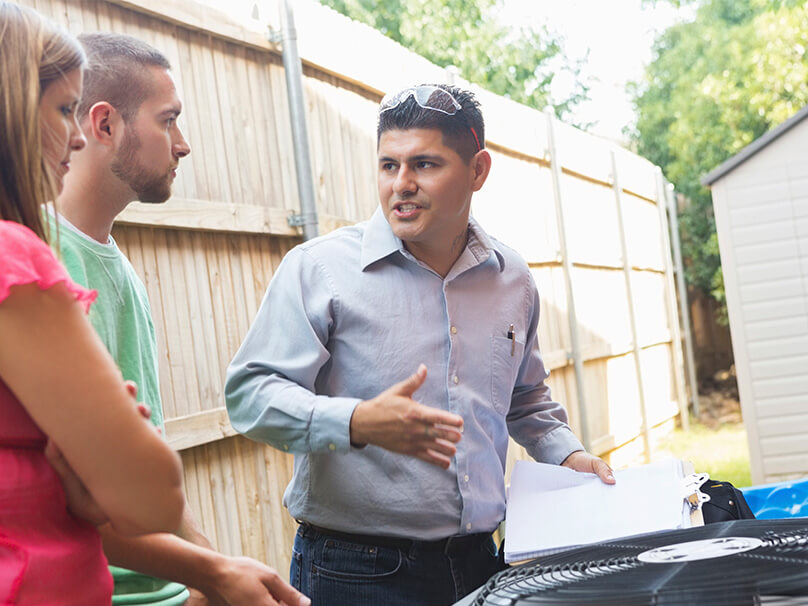
Signs You Need AC Repair
What are the signs your air conditioner requires service? From strange odors to no cold air coming from the vents, there are many clues that your cooling system has a problem and needs attention or service.
Here are some warning signs that trouble may be developing and it’s time to call an HVAC technician from 1st Choice Heating & Air Conditioning:
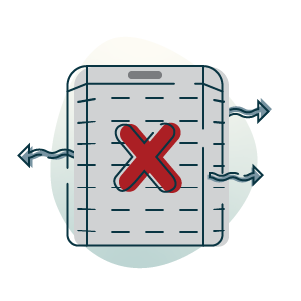
AC is blowing hot air
If warm air is flowing out of your AC unit instead of cool air, or if the air isn’t as cool as normal, it’s a smart move to call us for professional cooling service.
AC keeps turning on and off
If your AC system turns on and off instead of completing its normal cycle, it could be a symptom of underlying trouble and should be evaluated by one of our certified HVAC technicians.
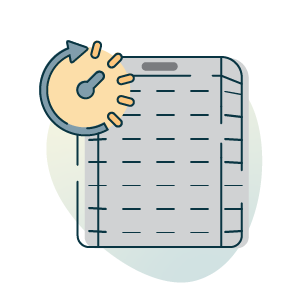

Home energy bills increase for no apparent reason
A sudden spike in your energy bills can be a signal your AC unit is becoming less efficient, which means it uses more energy to cool your home and needs AC maintenance or repair.
Unusual smells are coming from your air conditioning
Air conditioners aren’t supposed to smell. A strange smell coming from your air conditioning system should be inspected by an HVAC technician, as they can be a symptom of trouble like mold, mildew or even electrical issues.
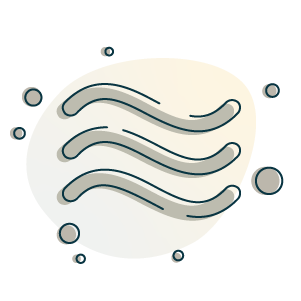

AC starts making noises
If you hear unusual noises when your AC system is running — clanking, grinding or screeching, to name just a few — it’s important to call for professional HVAC service to get to the bottom of the issue.
Request Expert Air Conditioner Repair Right Away
When you require air conditioning service quickly, reach the HVAC repair specialists at 1st Choice Heating & Air Conditioning. We’ll promptly identify the issue when your equipment won’t start or give sufficient cool air.
